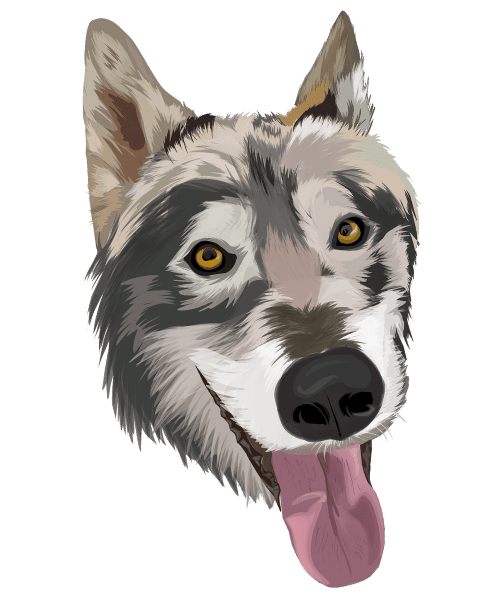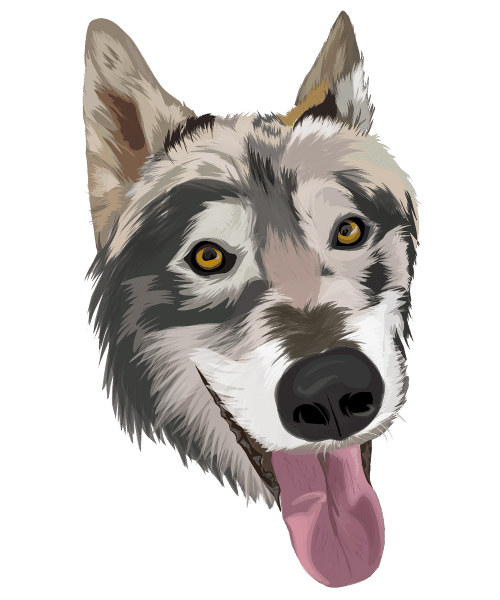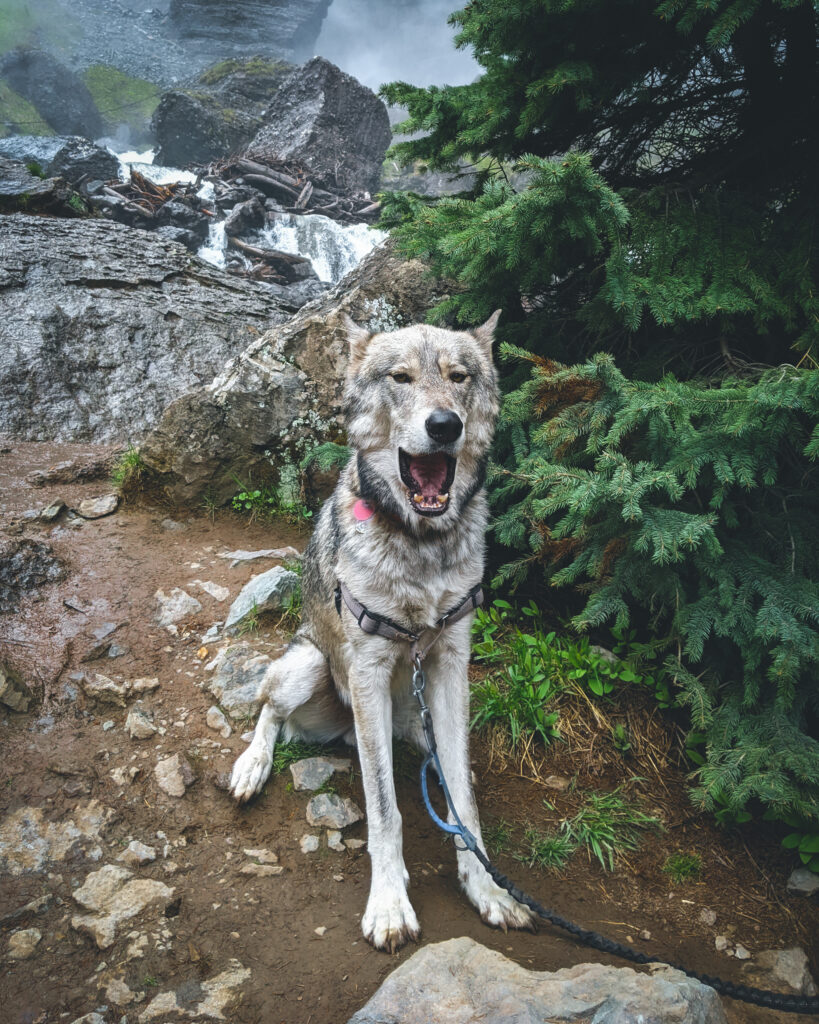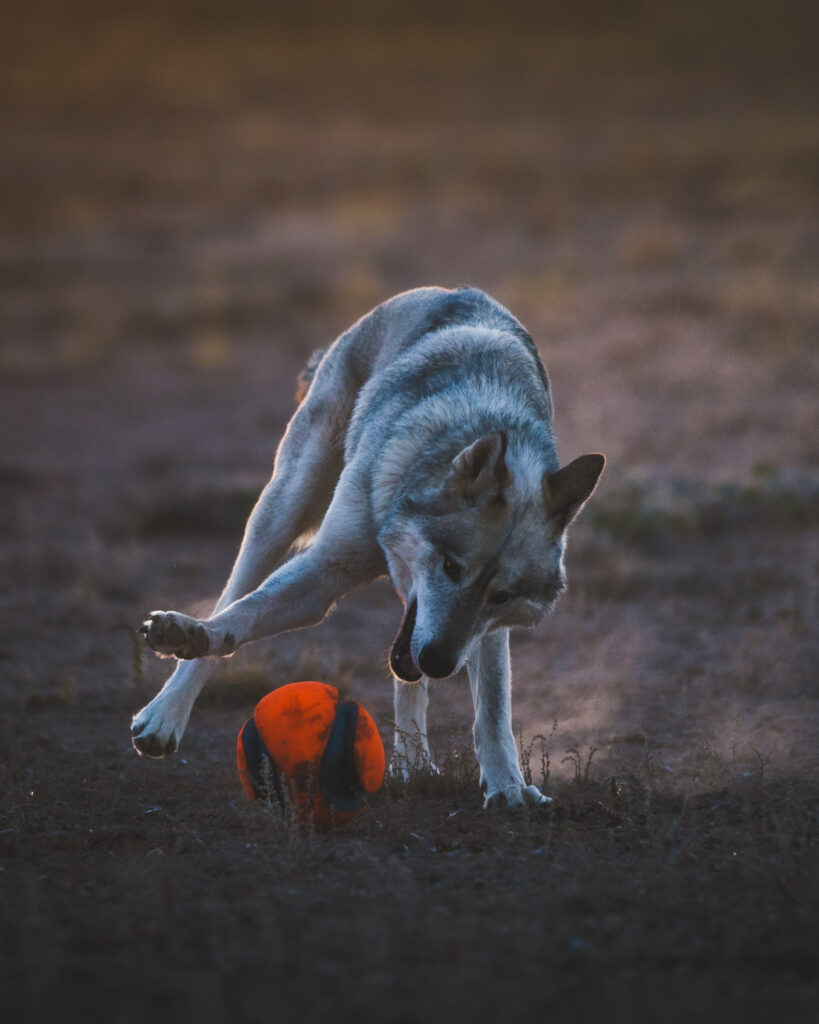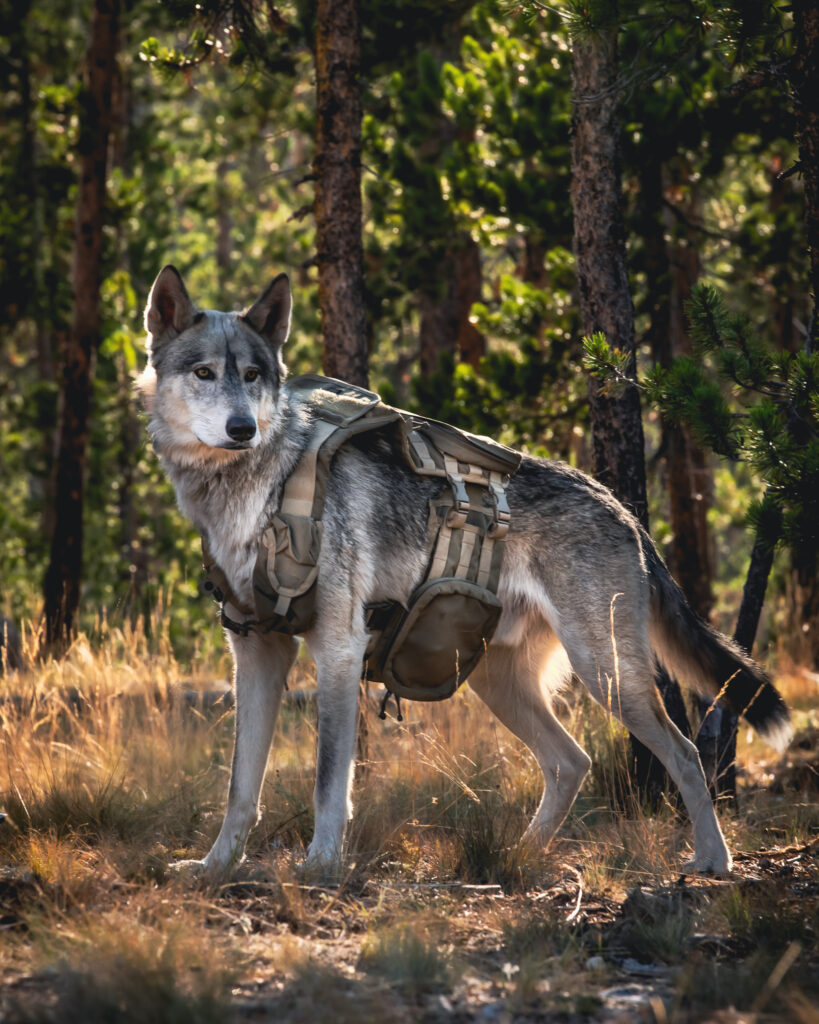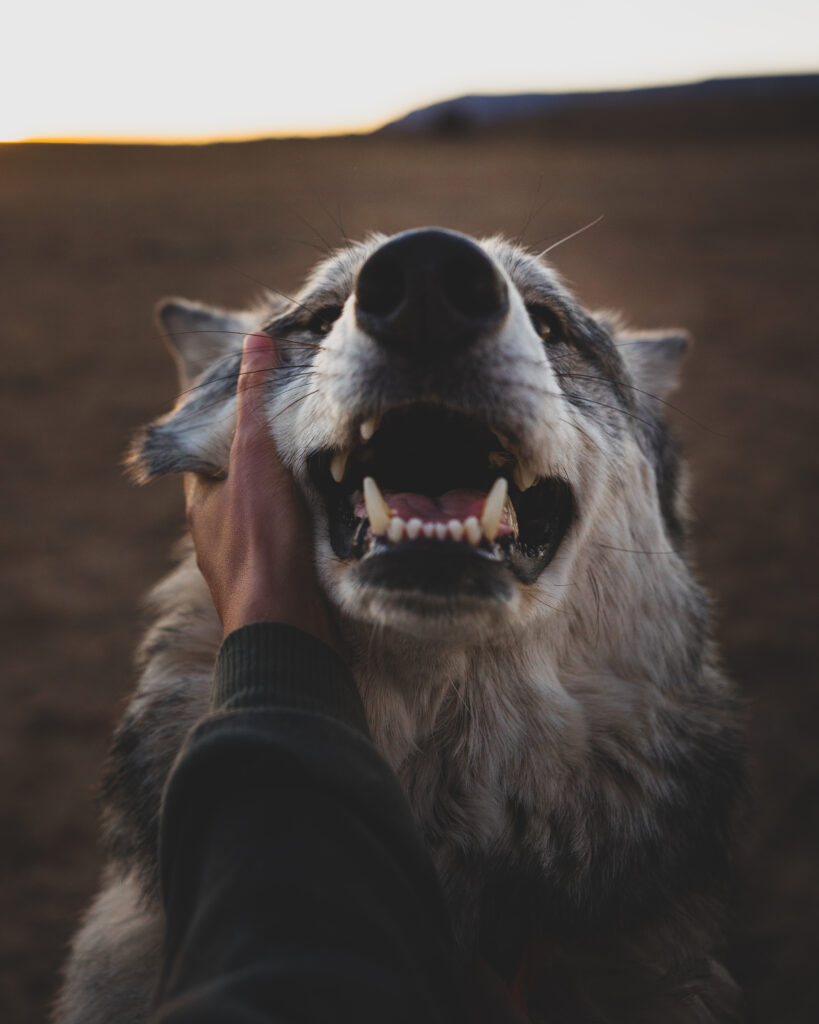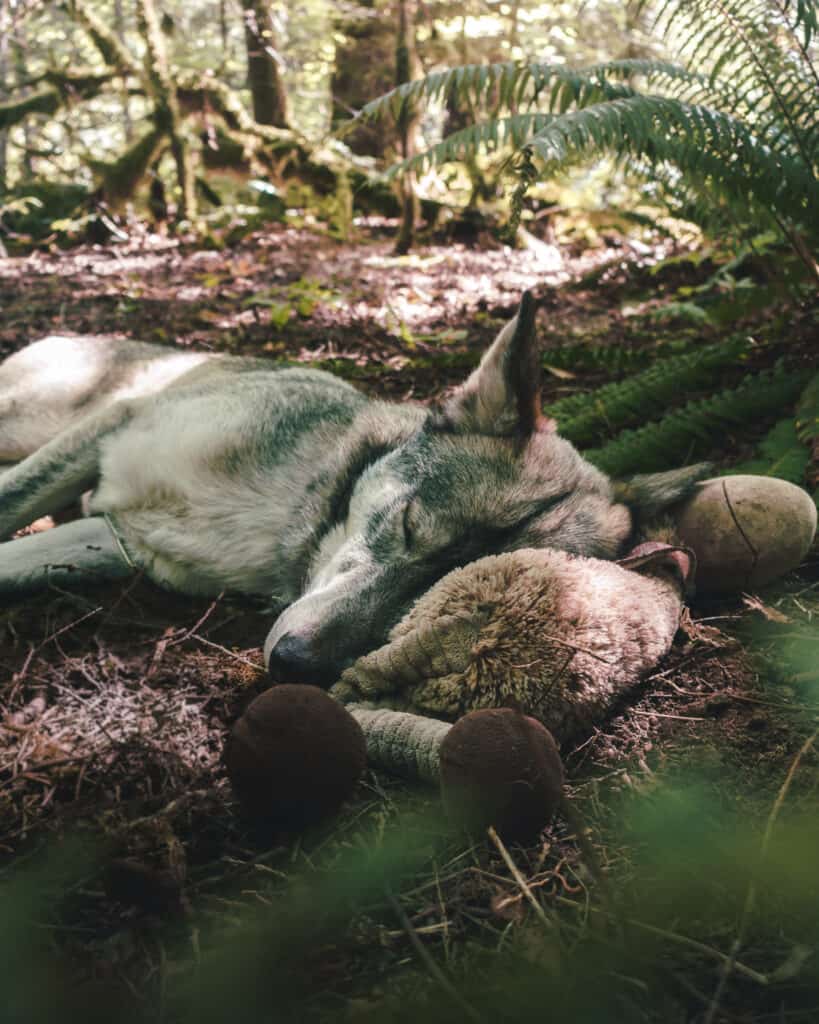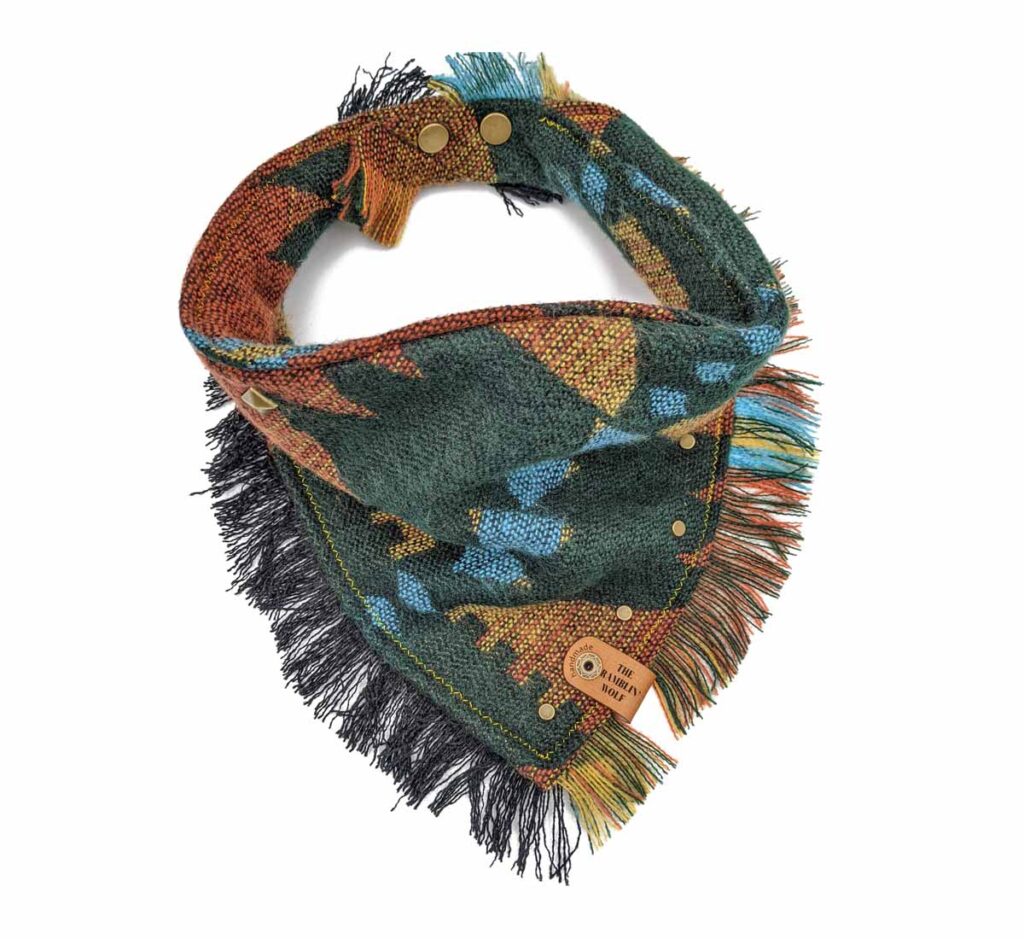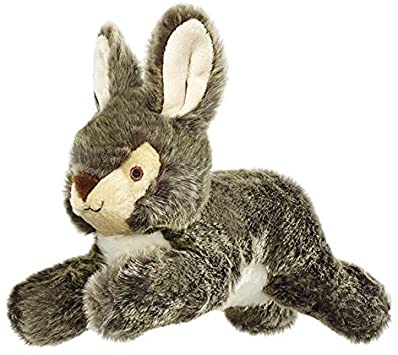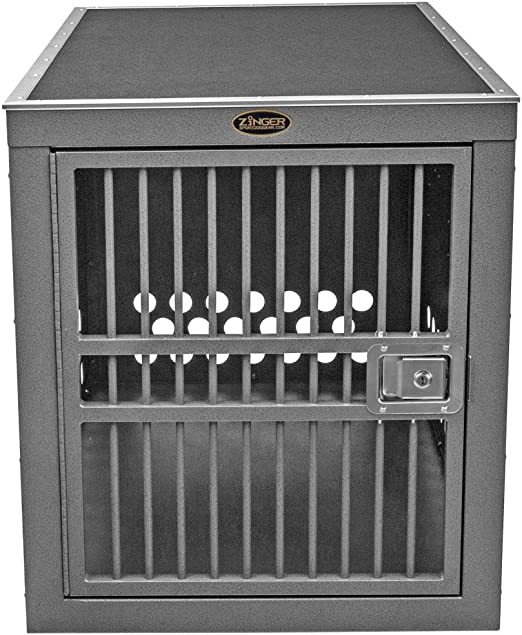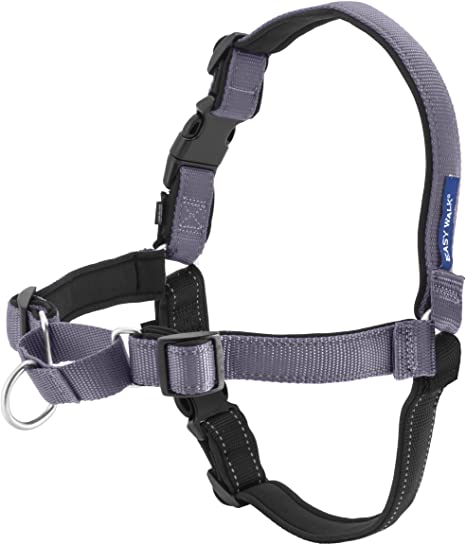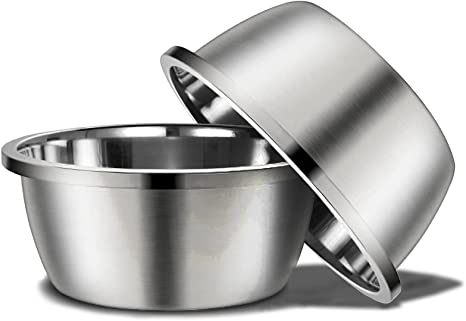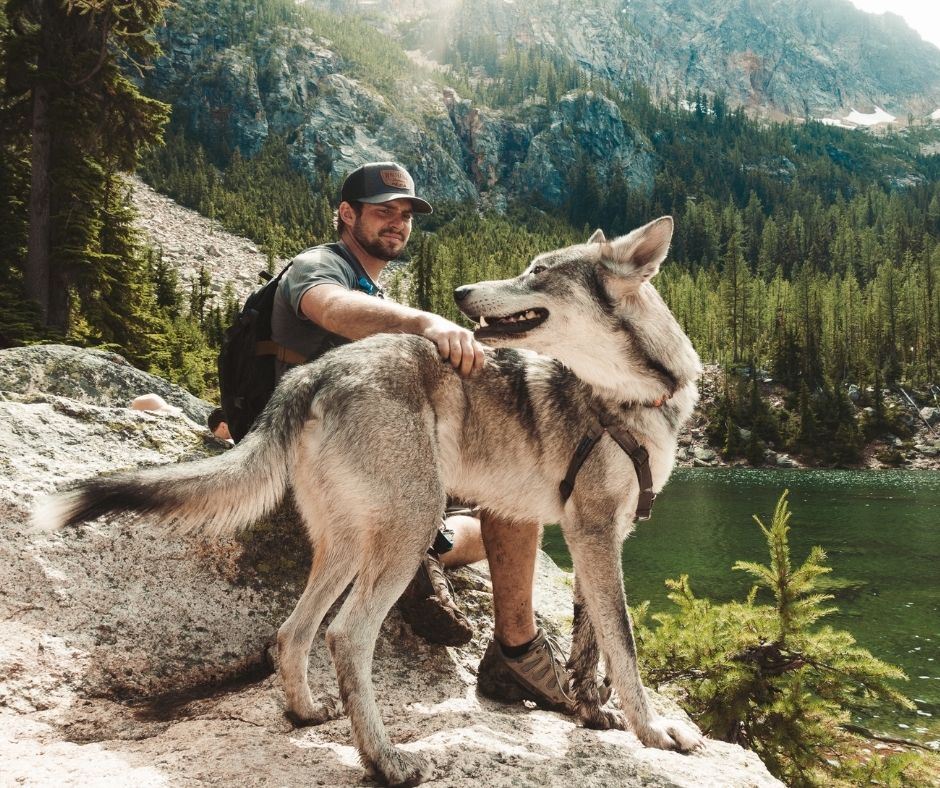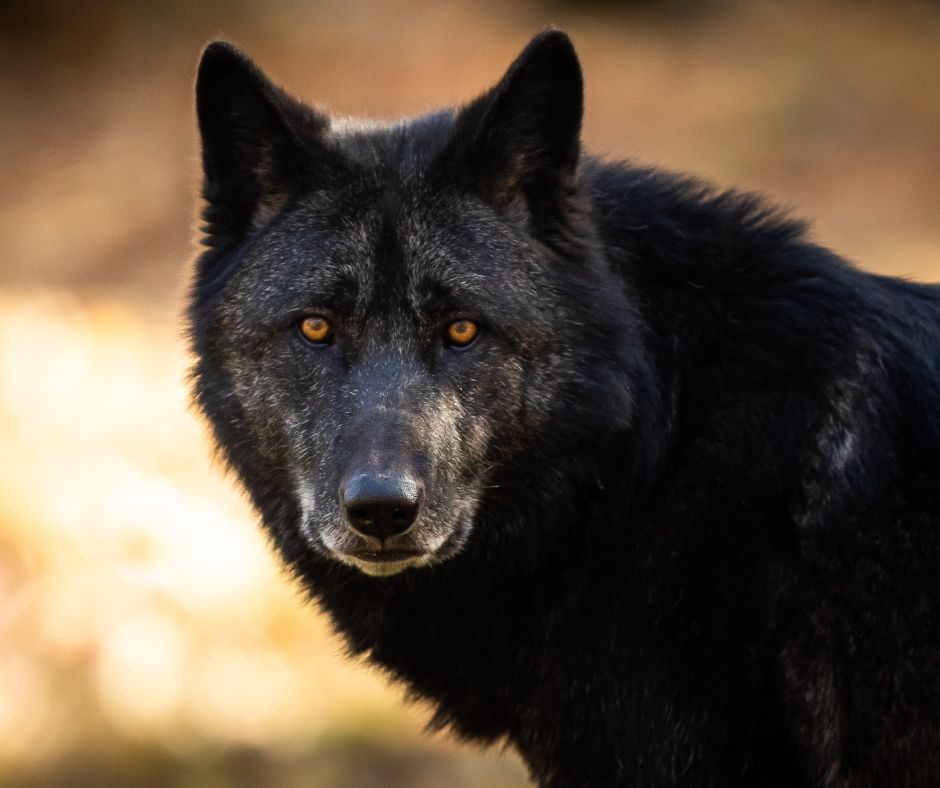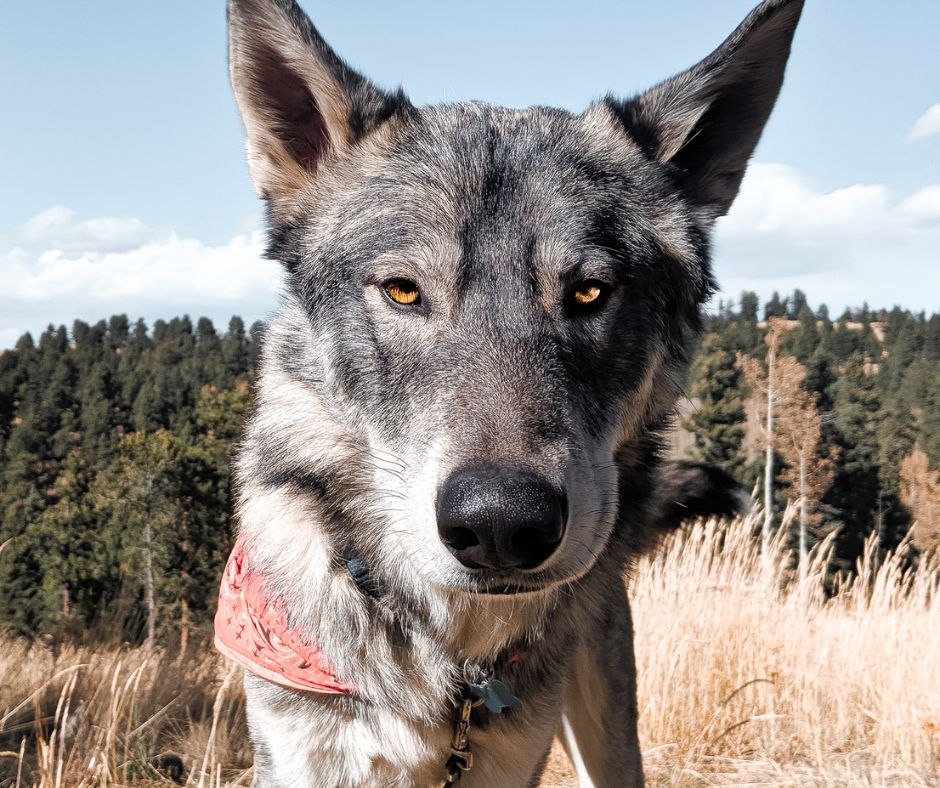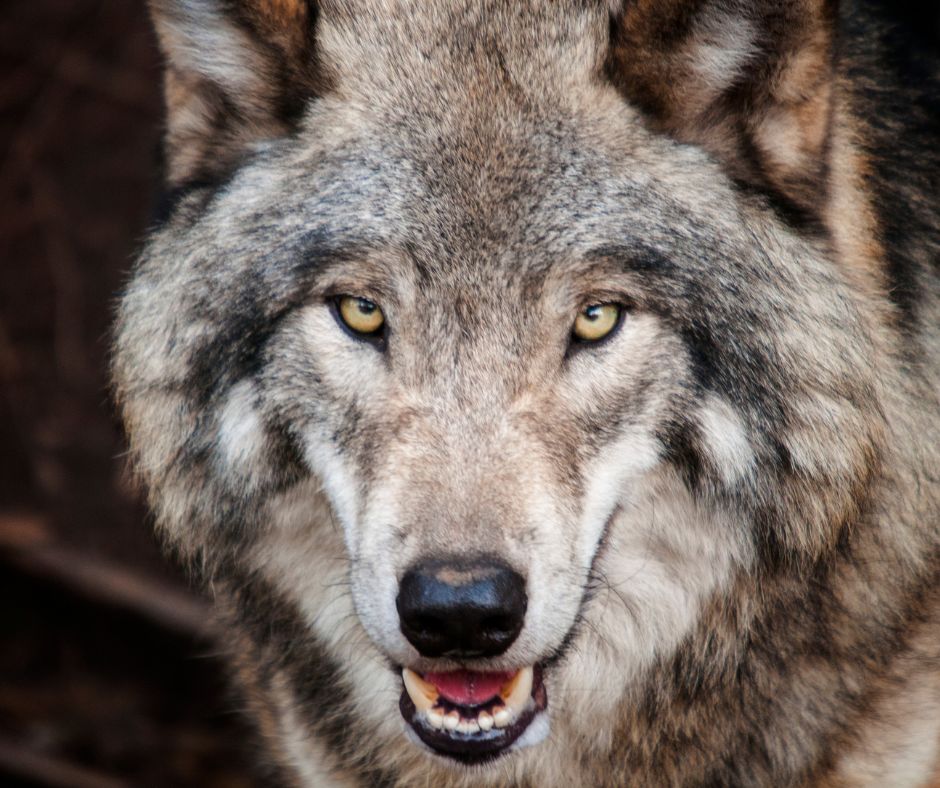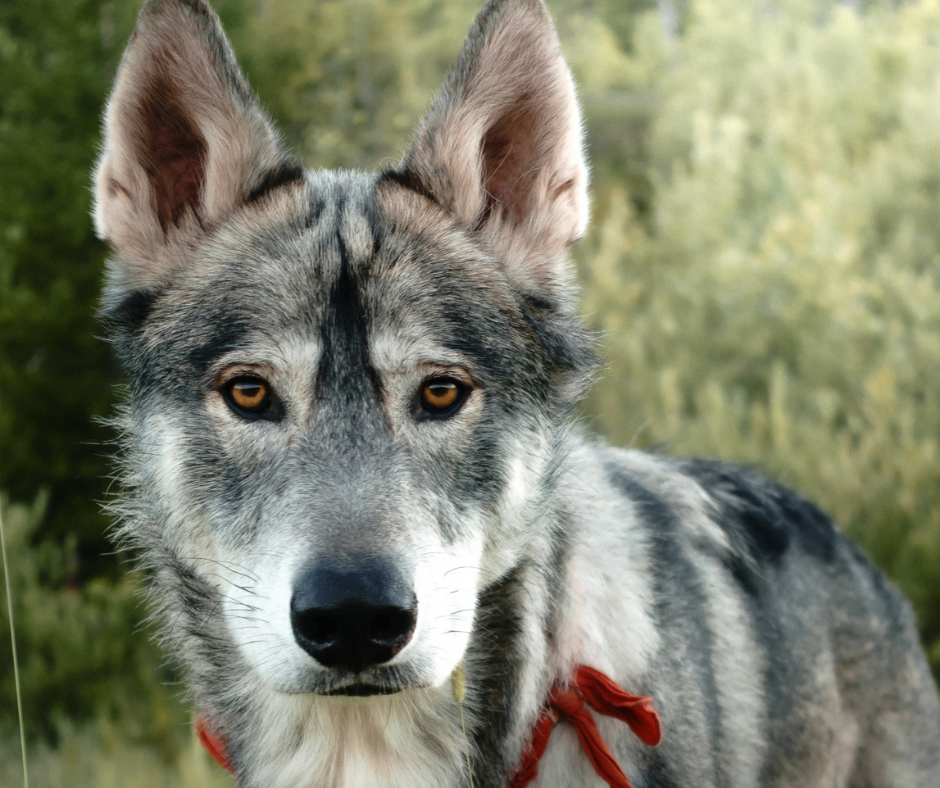10 Questions to Ask Yourself Before Deciding to Adopt a Wolf Dog Puppy
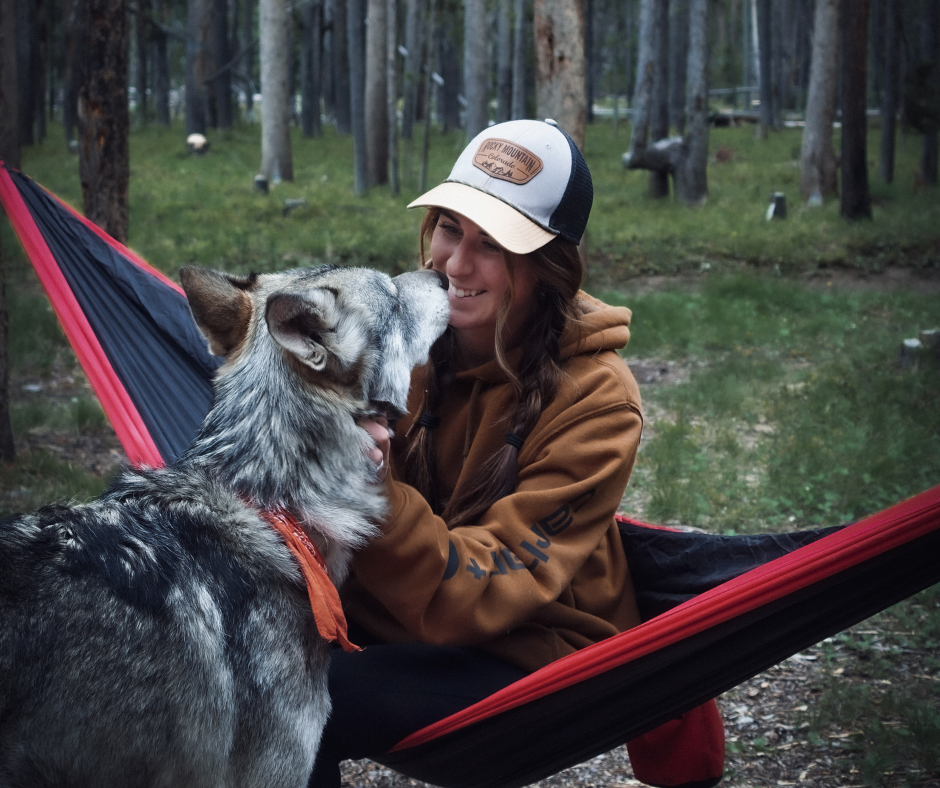
Table of Contents
ToggleIs a Wolf Dog Puppy Right for You?
Are you thinking of adopting a wolf dog puppy? They can be loving and loyal but also need special attention, training, and care. If you’re considering adopting one of these wonderful animals, there are certain questions you must ask yourself before taking the plunge.
Wolf Dogs Are Not Your Average Pet
First and foremost, it’s important to understand that wolf dogs are not like regular domestic pets. They have different physical and behavioral needs than other types of animals, so it’s important that you know what you’re getting into before making the commitment to adopt one. Wolf dogs are not recommended for first-time pet owners or those who are looking for a low-maintenance pet. If you’re willing to put in the time and effort, however, a wolf dog can make a devoted and loving companion. Without further ado, let’s take a look at 10 questions you should ask yourself before adopting a wolf dog puppy.
1. Are You Ready for the Commitment?
Owning a wolf dog is an incredibly rewarding experience, but it requires a serious commitment from the owner. Wolf dogs can live up to 16 years or more and properly caring for them requires significant financial and personal effort. Before deciding to bring a wolf dog puppy into your home, take some time to honestly ask yourself—are you emotionally prepared for this life-long commitment?
2. Can You Provide Enough Space?
Many wolf dog owners face the challenge of finding suitable accommodations when they adopt a wolf dog puppy. When it comes to providing enough space, most people assume that having a yard with a fence is enough to contain them. However, if you own a wolf dog, you should know that keeping them confined within even the sturdiest fence isn’t enough—they will still attempt to escape and wander off.
Therefore, it is absolutely critical that outdoor enclosures or escape-proof yards (equipped with lean-ins and anti-digging) be established to protect both themselves and their neighbors in the local area. Wolf dogs need plenty of space in order to feel comfortable in their environment and release their pent-up energy without feeling confined or restricted. So if you are thinking of owning a wolf dog, make sure to consider all the details beforehand including assessing the size of your yard or yard surrounding area to ensure there is enough room for them to move freely.
Also keep in mind that these animals are not suited for apartment living since they require outdoor exercise every day.
3. Do You Have Time for Training?
All puppies need training regardless of breed but wolf dogs may require more intensive training than other breeds due to their high level of intelligence and independent nature.
Positive reinforcement techniques are imperative for teaching the animal that humans can be trusted and other animals should not be seen as prey. With enough patience, consistency, understanding and care for their unique needs, wolfdogs can become loyal companions who offer a deep bond with their owners.
Time spent on training them accordingly pays off in the long-run; empowering your wolfdog with the adequate tools to understand you, as well as peaceably coexist with your family members will result in a mutually beneficial relationship base founded upon trust, love and respect.
Make sure you have enough time available for proper training as well as providing them with adequate exercise every day .
4. Can you Provide Plenty of Raw Meat for Their Unique Diets?
If you have a wolf dog, feeding them a raw diet is the best way to ensure that your four-legged friend gets all the nutrients they really need for a lean and muscular physique, as well as energy to stay active.
To make sure your wolf dog is getting what it needs, you will have to source high quality raw meat, bones and organs from certified vendors. This may take more time and effort than simply buying commercial kibble at the store, but for knowing exactly what your pup is eating and providing them with only the best nutrition possible, it’s well worth it!
Puppies require an extra bit of attention when it comes to meals – they must eat four times per day until they hit 12 weeks old. It’s best to feed them high fat diets to ensure their brains are developing optimally – these may include ground beef or chicken wings with eggs, goat yogurt, goat whip and bones. Once they reach 12 weeks old though you can already switch to an adult appropriate diet.
Read More: What To Feed A Wolf Dog
5. Are You Prepared Financially?
Adopting a wolf dog puppy typically costs $1000. However, this does not include the cost of food, toys, and grooming supplies which can add up quickly.Additionally, spaying or neutering your pup is not only crucial for their health but also necessary for reducing winter wolf syndrome associated with mid-content and high-content wolf dogs. Regular trips to the vet and vaccinations are also an important part of being a responsible pet owner so make sure budgeting for these costs are taken into consideration before committing to adopting a wolf dog.
Read More: The Hidden Costs of Owning A Wolf Dog
6. Are You Willing To Take Your Puppy Everywhere With You?
Wolf dogs tend to forge deep connections with their owners, and they may have difficultly dealing with extended periods of solitude. Additionally, wolf dogs have separation anxiety and leaving one alone for too long may result in them destroying your furniture or displaying destructive behaviour.
7. Will Your current pets get along with a new addition?
If you already have pets at home , it’s essential that you consider how they’ll interact with a new puppy, especially if it’s another large breed like a wolf dog . Make sure everyone is comfortable with the idea of introducing another animal into the mix before bringing home a new family member.
8. Are Wolf Dogs Legal to Own in Your State/County?
It’s important to note that some states may have restrictions on owning certain breeds including wolf dogs so make sure any laws regarding ownership are followed prior to bringing home your new pup.
This mean that although some states may regulate hybrids as wild animals and require proper permits, others may recognize wolf dogs as domestic pets and only require standard vaccinations and licenses. It’s important to note that there are certain states in which wolf dogs are illegal, such as Alaska, Connecticut, Hawaii, Idaho, Illinois Louisiana, Maryland, Massachusetts, Michigan, North Dakota, Wyoming and Rhode Island.
By doing the necessary research into legal requirements of owning a wolf dog prior to bringing one home you’ll ensure they live in a safe environment without violating any state or federal laws.
9. Do You Understand the Breed?
Wolf dogs require lots of exercise, mental stimulation, socialization and training. They have their own set of behaviors that may include howling, digging, chewing, with a high prey drive and tendency to become overly possessive of an object or food (resource guarding) so potential owners must take this into account when considering adoption.
Wolf dogs are also stubborn and have an autonomous nature making them less likely to want to please their humans such as we find with domestic breeds. Despite these unique needs, wolf dogs can make rewarding companions with strong personalities marked by loyalty, intelligence and independence. A firm commitment to providing your pet with its specific needs will ensure it grows into a vibrant adult wolf dog.
Read More: 10 Common Wolf Dog Behavior Problems + How to Solve Them
10. Do You know where to find a reputable breeder?
Finding a good breeder is key when it comes to getting a healthy pup with good genetics; unfortunately there are many unscrupulous breeders out there who may not provide pups with proper socialization or medical care which can lead to serious issues later in life. Do your research and find someone who has experience with this breed!
Be Committed before you Decide to Adopt a wolf dog Puppy
Wolf sanctuaries and rescues are usually overflowing with wild wolves, wolf dogs and wolf hybrids because backyard breeders sell to people who are unprepared or unqualified to care for these powerful, high-energy canines and they are given up.
Thousands of wolf dogs end up being euthanized each year because there isn’t enough space or resources for their care. In order to put a stop to this cycle, my goal is to educate potential buyers about the responsibility that comes with owning a wolf dog.
How to Take Care of a Wolf Dog Puppy
For more information about taking care of your wolf dog puppy, our comprehensive guide How to Take Care of A Wolf Puppy walks you through introducing him to your home, providing proper exercise and mental stimulation, socializing him with other animals and people, training him basic commands.
What to Buy when Adopting a Wolf Dog Puppy
Bandana: We decided to start putting bandanas around Cruze in hopes that if he gets off the leash, or when he is running around in the woods, that people will see that he is domesticated. Use code CRUZE15 at checkout for a 15% discount.
Bully Chews: Highly recommend for any dog, but especially wolf dogs in their puppy phase. Having bones and treats that keeps them preoccupied helps prevent them from chewing on your sofa, your shoes, carpet, etc.
Stuffed Animal Toys: Cruze is obsessed with his stuffed animals. He protects them like they are his babies. Its actually really cute.
XL Dog Kennel: Making sure our wolf hybrid is in a kennel when left alone gives us peace of mind that things won’t get destroyed. This Kennel also goes in the back of the truck, and that is where he rides when we go places which makes it is safer for all of us.
No Pull Harness: This harness has been amazing for taking Cruze on our hikes and walks. He gets excited and will pull your arm off if you’re not careful. This harness prevents him from pulling so hard by redirecting him towards you when he pulls. It has made walking Cruze a whole lot easier.
Indestructible Dog Bowl: Having a good dog bowl is essential. We feed Cruze 2-3lbs of chicken a day and having a bowl that cleans easy and that he can’t destroy is a win.
Beautiful Wolf Dog Puppy Breeds
If you’ve read this far, it means you’re seriously considering adding a wolf dog to your family. Among these unique dog breeds are the Saarloos Wolfdog, Czechoslovakian Wolfdog, Tamaskan Dog, Canadian Eskimo Dog and American Wolf Dog. All these breeds encompass certain qualities that make maintaining them an enjoyable experience. With every wolf hybrid comes a set of challenges as well which makes being a part of each one of their wild lives so fulfilling. Learn more about the 20 Wolf Dog Breeds You Can Have as a Pet.
The Bottom Line
Before making the commitment to own a wolf dog, potential owners should do their research to ensure that they are prepared to provide the animal with the care and attention it needs. Wolf dogs are a high-maintenance breed, and they require a dedicated owner who is willing to invest the time and energy necessary to meet their needs.
We feel fortunate to be able to give our wolf dog a fulfilling life. We’ve had our challenges raising him, but it has been worth it. He is a beautiful animal and we are grateful to have him in our lives.
Do you have any questions about wolf dogs? Leave us a comment, or check out our other wolf dog resources. We are happy to help educate people about these amazing animals.

